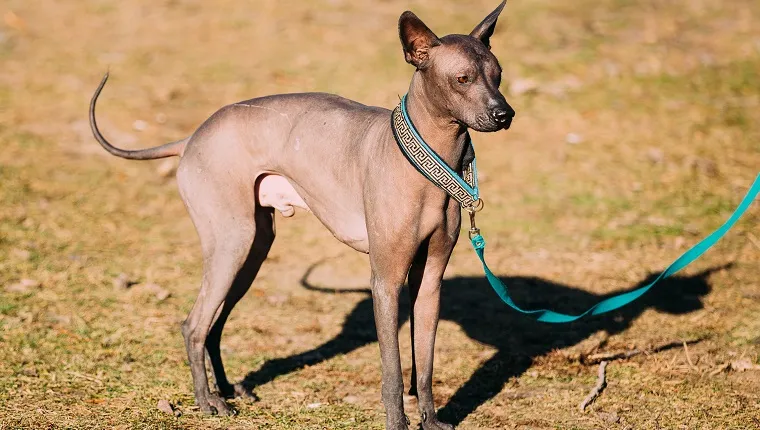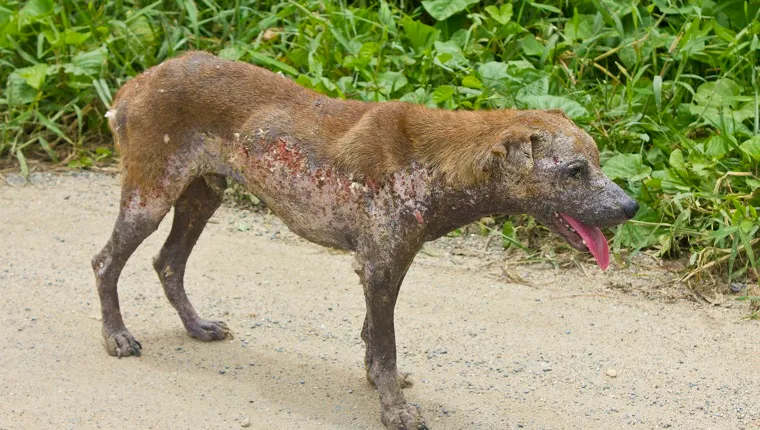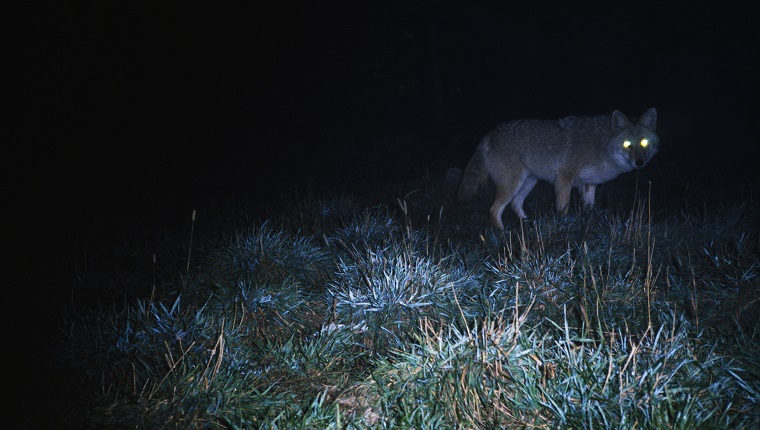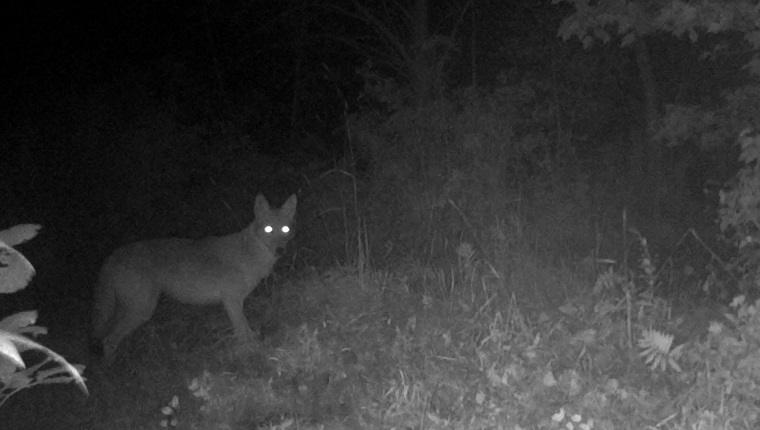Eyewitnesses describe the legendary chupacabra, a beast that sucks the blood of goats and livestock, as a hairless dog-like creature that roams parts of the Americas. It was first seen by a woman in Puerto Rico who described it as alien-like, but since then it has been described as looking similar to a dog or canine and has been seen all over Central America and as far north as Maine. Is there really an undiscovered creature preying on farm animals and roaming the countryside, or is there a more simple explanation? Are people just seeing an actual dog or known canine instead of a dog-like creature?
Are These Dog Breeds The Chupacabra?

There are several theories as to what the chupacabra might really be, and while no one explanation can cover every single sighting, there are a few that seem plausible and fit eyewitness descriptions quite well. First, it is important to note that there are several known breeds of dogs that are hairless or nearly hairless, and some of them are pretty uncommon. Seeing one of these dogs from far away or in poor lighting could explain why some might think they are seeing a chupacabra.
You’re almost surely familiar with the Chihuahua, a small, short-haired breed that originates from the Central America region where a lot of chupacabra sightings come from. Very few people would mistake the tiny breed for a hairless beast that feasts on livestock, but it could happen in conditions with poor visibility, and the Chihuahua isn’t the only breed that has less hair than most.

The Xoloitzcuintli is a hairless breed that evolved naturally and is named after the Aztec god of fire that escorted the dead to the underworld. They usually have a ridge of hair that runs from their heads down their backs, which matches many descriptions of the chupacabra. Their association with the underworld makes them all the more mysterious and easy to associate with folklore. Perhaps if you had never seen one before and met a Xoloitzcuintli in the wild, you might mistake it for some unknown creature. Chinese Crested dogs are often mostly hairless, as well, and depending on how any dog is groomed, they may look quite odd. It is possible that these breeds or dogs that are strangely groomed account for some chupacabra sightings.
Is The Chupacabra A Mangy Animal?

There is also the possibility that some sightings can be attributed to dogs or canines that suffer from mange. Mange is a condition caused by mites, and depending on the type, it can cause hair loss (alopecia), scabs that cover the body, and hardened, stone-like skin. If you spotted a wolf, coyote, or dog with mange, you may not recognize what you were looking at. Racoons, possums, and even wild cats can get mange, giving them a monster-like appearance. In fact, many chupacabra bodies that have been presented were shot by hunters and farmers who would recognize these creatures, but DNA tests revealed that they were ordinary animals suffering from mange. These wild animals may also prey on livestock that are often penned and make for an easy meal.
Are Hoaxers Making Chupacabras Out Of Dogs?

Some theorize that there are hoaxers out there who wish to keep the legend alive and, rather insidiously, crossbreed wild canines like wolves and coyotes with domesticated dogs, then release the animals into the wild to perpetuate the myth. On History Channel’s show MonsterQuest, an alleged chupacabra was found to have a mix of wolf and coyote DNA, which suggests that it was a hybrid. Though whether people are actually to blame for the crossbreeding is just speculation.
Chupacabras have been spotted more and more since the initial sighting, and some have even seen them as far away as Russia and the Philippines. Are all of the sightings the result of dogs, animals with mange, and overactive imaginations? No one can say for sure. Unless an actual, real-life specimen of a chupacabra is found, we may never know.
Do you think the chupacabra is real, or just a dog or other animal that we already know about? Let us know in the comments below!









